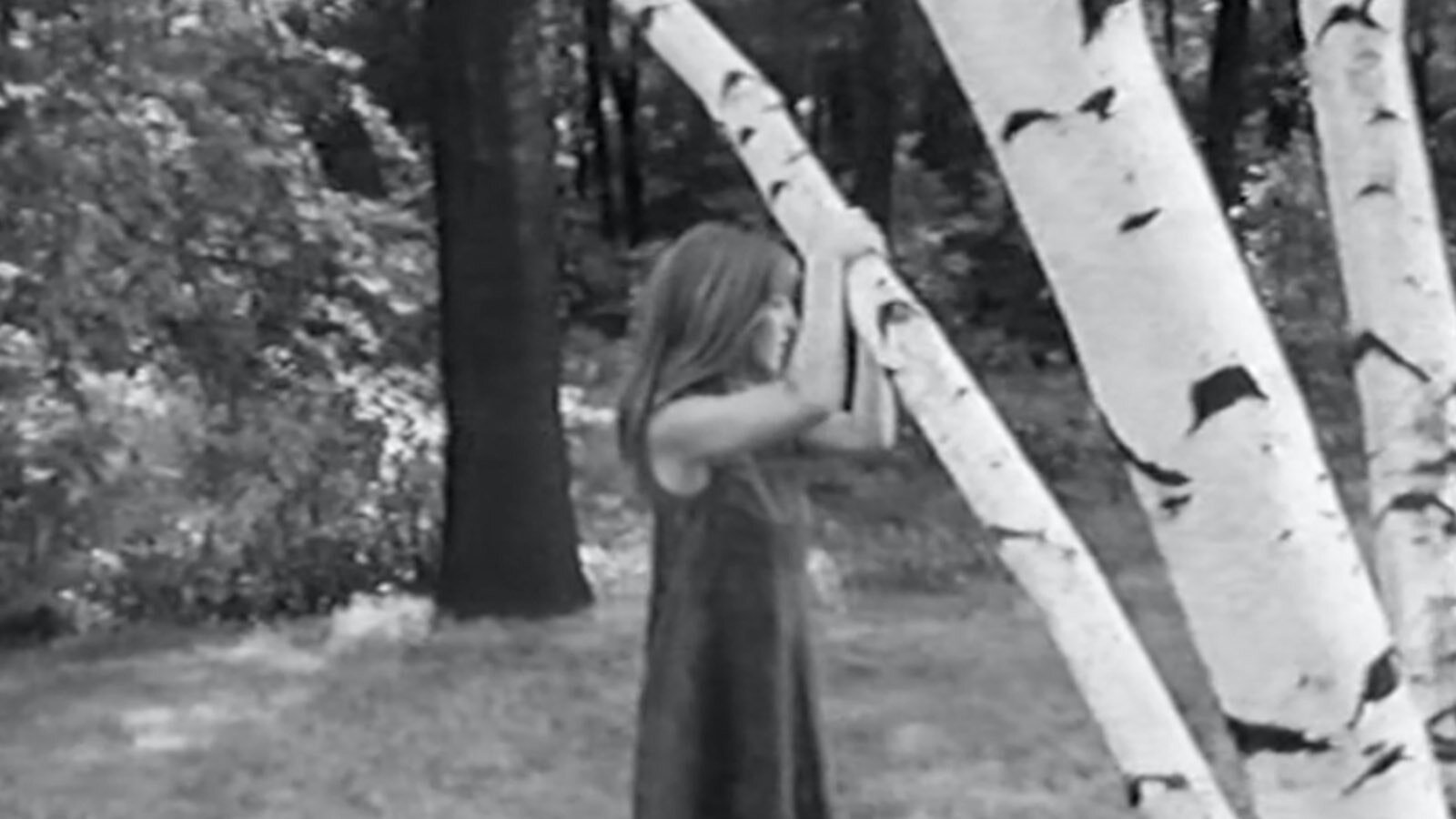Adolfas and Jonas Mekas arrived in New York in 1949, leaving their native land, Lithuania, behind, caught between Nazi and Soviet occupation. Little by little the camera became their means of expression and cinema invaded their lives. 27 years passed before they could finally return to Lithuania. This is the odyssey the three films intertwiningly recall: Adolfas and Jonas Mekas and Pola Chapelle (Adolfas'ʼwife) are at once actor and filmer. The Mekas brothers rediscover their country and family with their changes, while Pola Chapelle is the external gaze embracing this reunion. Neither Lithuanian nor New Yorkers, where is their home now? As Jonas likes to say “My Country is Cinema.”
Read More










